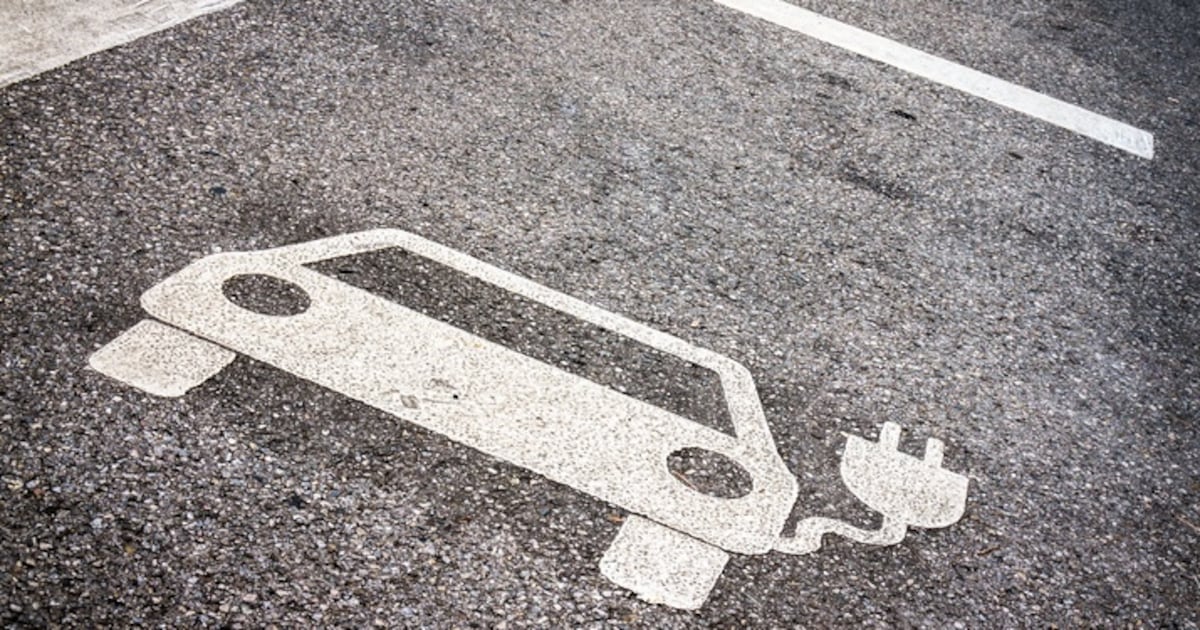I want to complain about the Dublin City [Council] policy of clamping cars when actively charging in public on road charging points. I distinguish “charging” from “parking” and given the cost of electricity on the public chargers, adding parking fees, needlessly and arrogantly, is a further penalty for “clean” EVs. – Michael Baynes from Co Dublin
Stern words, and understandably so. Electric vehicle (EV) charging is still sparse in many parts of Ireland and, in particular, in Dublin city. Combine that with a definite shortage of “slow” on-street charging points, can it be considered a good idea for Dublin City Council (DCC) to charge for on-street parking while also paying for charging?
We put this to DCC, and the official response was: “Dublin City Council are preparing guidance to assist electric vehicle drivers to navigate and comprehend national and local legislation and policies relating to EV charging.
“On-street EV charging in Dublin city is currently operated by ESB E-Cars. Dublin City Council does not receive revenue or fees from this. Dublin City Council Parking Bylaws do not make any exemptions for the payment of parking fees for electric vehicles while they are charging.”
[ EV Q&A: Should the ESB just focus on developing chargers in Ireland?Opens in new window ]
The extra cost of paying for parking as well as charging is not to be taken lightly. DCC currently charges €4 per hour for on-street parking. We recently ran the numbers on the cost of charging the best-selling electric car in Ireland right now — the Volkswagen ID.4 — on public chargers now that ESB e-Cars raised its charging prices to 59c per kWh on a “slow” 7.4-22kW AC charger.
The VW ID.4 charges, on AC power, at 11kW, so assuming you can find an on-street charger supplying that amount of energy, you’re going to need about seven hours to charge the ID.4’s 77kWh battery.
That means you will pay a not-inconsiderable €40 for a 10-100 per cent top-up charge from a slow kerbside charger, and then on top of that you’ll have to pay €28 for parking, assuming that the local parking restrictions will allow you to park for that long.
It doesn’t have to be like that. Dublin is very much in the minority when it comes to charging EVs the same amount to use the city’s streets and parking as any old Tom, Dick, or Diesel.
You can park your electric car — charging or not — for free in cities such as Sofia, Munich (for up to two hours), Copenhagen, Tallinn, in most cities in France (when charging, and for up to two hours when not charging), in Athens, in Rome, in Riga, in Vilnius, in Vienna (when charging), all across Poland (when charging), across all of Portugal (for the sake of a €12 annual ticket), in Bucharest (hybrids too, there), in Barcelona and in Prague.
In Helsinki, there’s a 50 per cent parking discount for EVs, and discounts in Norway too, while in Sweden, the reverse applies — in many cities, you can pay for parking and charge for free.
In fact, you don’t even have to look that far afield. In Belfast, you can park for free while using an on-street charger, and you only need to pay for parking an EV when all you’re doing is parking.
Given that the promotion of electric vehicles is supposed to be an all-island policy, The Irish Times put it to DCC l that the example of Belfast would be a good one to follow.
The official response this time? “Dublin City Council note that Belfast City Council may provide a range of parking solutions and traffic restrictions to suit different customer requirements and to promote sustainable economic activity in the city.
“Dublin City Council operate such a policy, and our policy is based on long-established and legally required parking byelaws. All byelaws are formally reviewed periodically to reflect changes, eg in policy, legislation and practical issues on the ground.
“Byelaws are prepared following discussions with the Garda commissioner and a statutory public consultation process during which we invite all of the stakeholders in the city, including its citizens, to make contributions to ensure the best possible balance for those who live, work or visit our city.”
So that’s a “no” to free EV parking, then. Sigh. Joined-up thinking, as always.

